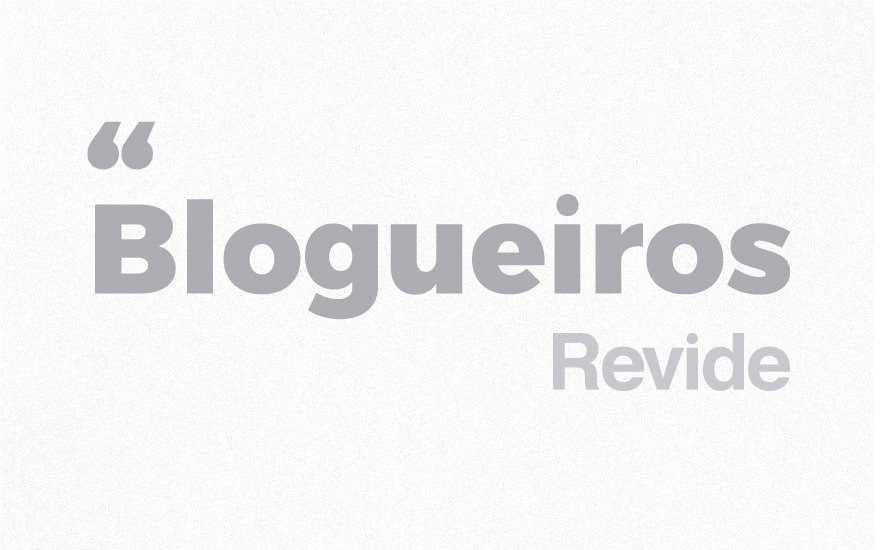
More About Sustainable Supply Chains
Special for China Daily, by Marcos Fava Neves, on 04/05/12
Nutreco is a Dutch based multinational company operating in the feed industry, and in 2012 this company launched the report called “Nutreco Feeding the Future: How we can contribute to feeding 9 billion people in a sustainable way: Vision 2020”. This article was written to share with China Daily readers my impressions studying the document, another example of sustainability.
The company aims to create value in several different activities. Nutreco states that they “aim to become the global leader in animal nutrition and fish feed, delivering innovative and sustainable nutrition solutions”.
It is clearly seen when reading the report, an integrated chain approach. For the company, the conditions of success include engaging people from inside and outside. “Every change depends on the efforts and commitment of one and more individuals… Furthermore we have to keep our customers and end users in mind of what we do and helping them to be more productive and environmentally and socially responsible.
Nutreco divides the 2020 vision in four major areas: ingredients, operations, commitment and nutritional solutions. Each major area has 4 sub-divisions, summarized here
Ingredients sustainable sourcing: the objective here is to build value sourcing through third party sustainable systems endorsed by vendor policies. The stimulus came from a pressure to reduce negative impacts over biodiversity, social and environment, coming from supplier activities. The actions will include round table initiatives, auditing, suppliers engagement activities, extend supply chain coordination, promote demand for responsible ingredients, communicate to suppliers and measure the results.
Ingredients sustainable partnerships: increase and strengthen sustainable partnerships and supply chain projects. One of the future challenges is the cooperation among business, Government, knowledge centres and NGO’s, boosting innovation, sustainability and cost reduction. Company will improve partnerships, classifying supplier base, evaluate supplier classification and building sustainable supply chain projects.
Ingredients flexible formulations: build value via reducing dependency from scarce ingredients. This will be done with strategic analysis of long-term ingredient trends, research for alternatives and develop scientific position papers.
Operations reducing the environmental impact: value will be created by reducing by 50% carbon footprint in all operations till 2020. This will be reached with an internal energy policy for the factories, transport, waste and water management.
Operations to improve feed to food quality and safety: create value, taking advantage of the growing worldwide demand for quality and safety, resulting in new policies and regulations. This will be done via the specific Nutrace programme with standards and protocols (more information on the web of Nutreco).
Operations to improve working environment: creating value via employee satisfaction and labour market position. Build internal surveys and doing benchmarks worldwide to follow employee engagement.
Nutritional solutions that are sustainable: the aim is to create value till 2020 when sustainability will be fully integrated within the innovation process increasing the proportion of the portfolio having specific sustainability benefits. This will be done quantifying sustainability, auditing and translating these benefits to marketing messages.
Nutritional solutions via farm and feed performance: create value, enabling farmers to improve performance with predictive farm models and nutritional solutions that improve production efficiency and reduce emission levels. This will be done measuring availability, quality and usage of nutritional farm models, improvement of feed efficiency on the farms and reduction in emission levels.
Nutritional solutions via animal and human health: value will be created by an effort to provide alternative technologies that improve animal health and performance supporting customers needs to reduce antibiotic use.
Commitment and employee engagement: motivate employees to the challenge of feeding nine billion people in 2050, in a sustainable way. This value will be created using a system for internal engagement activities, integrating this as a central point for evaluation and reward systems.
Commitment and stakeholder engagement: creating value via strengthening the company’s position in multi-stakeholder debates and initiatives around the sustainability challenges of the industry. There is an increasing level of cooperation and partnerships within the food chain and stakeholder organizing conferences, position papers, information flows, reputation surveys and other ways to engage.
Commitment and community development: create value enabling small farmers to raise productivity via knowledge sharing. This will be done by the community development strategy, redefining expectations of local communities and continue to refine this project with new strategies and criteria.
Nutreco’s 2020 vision is a nice case to see how companies are moving to create and share value and improving sustainability towards the 9 billion people planet.
The author is professor of strategic planning and food chains at the School of Economics and Business, University of Sao Paulo, Brazil (www.favaneves.org) and international speaker. Author of 25 books published in 8 countries.


